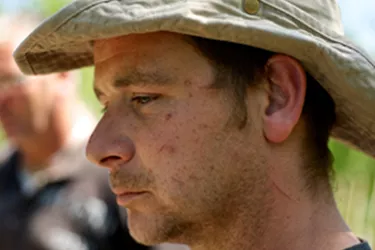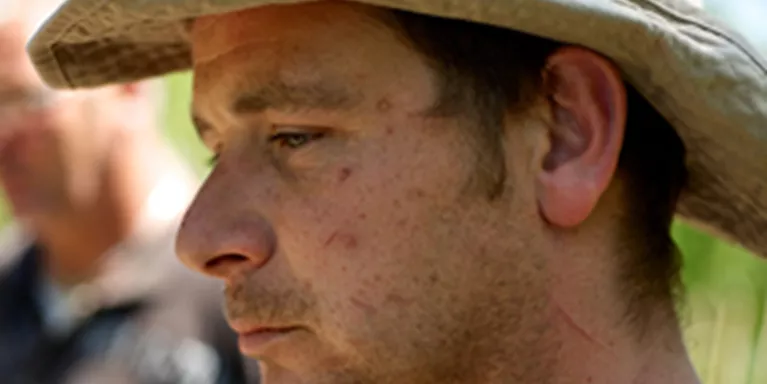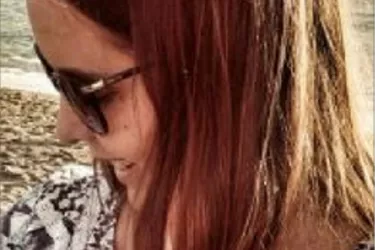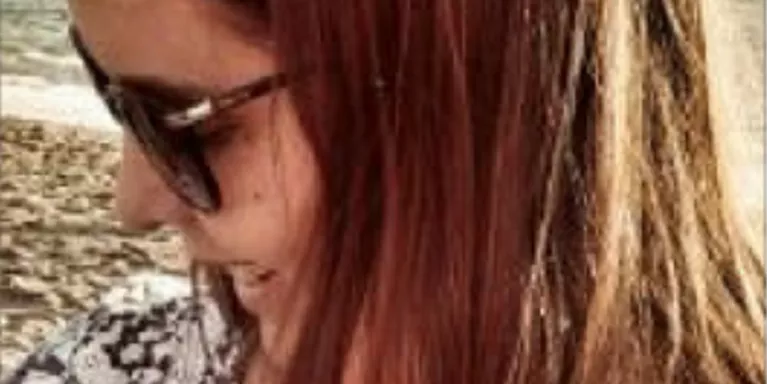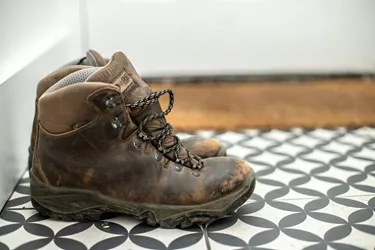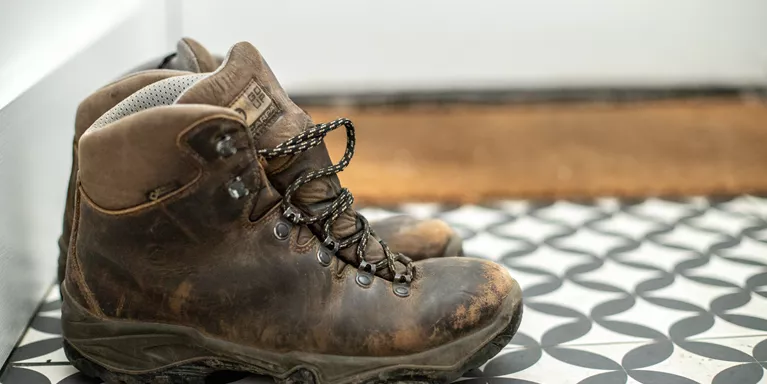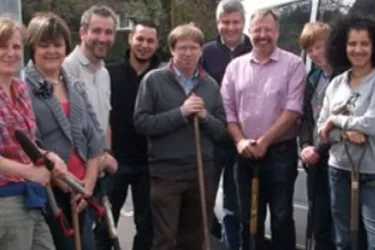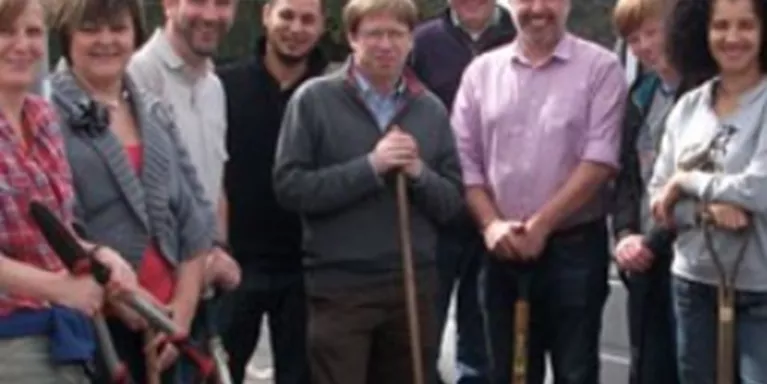Managing my mental health with ecotherapy
Wayne, a former serviceman, has depression and post-traumatic stress disorder. In 2010 he joined one of our Ecominds-funded projects at Idle Valley Nature Reserve in Nottinghamshire, where ecotherapy really helped him to manage his mental health problems.
I joined the ecotherapy group at Idle Valley Ecominds in November 2010 following a three month hospital admission. I attended weekly, with support from my mental health worker. Having just launched in September, Idle Valley was still in its very early stages of development, so I was lucky to see the project unfold and grow.
I’m an ex-serviceman and suffer from post-traumatic stress disorder and depression as a result of what I witnessed in the former Yugoslavia when I was there as part of the United Nations Protection Force in the 1990s. Since completing active service in 1999 I've received no support from the army; I was told “here are your discharge papers, see you later”.
I was fine until about four years ago, when everything came to a boil. I ended up having a breakdown and found myself in a mental health ward. I lost my home because I couldn’t pay the rent, and I lost my job due to injury. I had nothing.
I found out about the Idle Valley group through my community psychiatric nurse (CPN). She told me that it was a local nature reserve that supported people with mental health problems by getting them involved in nature-based projects on the reserve.
I didn’t even know there was a nature reserve where I lived, and I certainly didn’t think that nature could help me in my situation, but I tried it. Now, looking back, if I hadn’t taken that chance, I definitely wouldn’t be here now.
I really got interested in woodworking and conservation – an interest that was nurtured and encouraged by the staff and other volunteers. I was supported to identify areas of interest and skill - and how I could contribute to the project and then set some goals to work towards. I was given the opportunity to work alongside a more confident volunteer who was interested in similar activities, which gave me support and encouragement.
My confidence has grown steadily over the years. Gradually I’ve needed less support; I’ve become more involved in the management of the group and I now sit on the Ecominds advisory group and steering group. I didn’t need as much support from my mental health worker, so I started coming directly to the project on my own. I became more interested in the wider activities of Nottinghamshire Wildlife Trust who run the project and joined a mainstream volunteer group as well as continuing to come to the Ecominds group.
During a review my aims and goals, which is carried out every 3 to 6 months, I mentioned my interest in green woodworking. As a result, together with another volunteer, I attended a course to learn some skills which I passed on to others through workshops. This really boosted my confidence; I’ve done many demonstrations and workshops at open days and events at Idle Valley and it’s given me the confidence to start leading small groups of volunteers in woodworking tasks.
The difference Ecominds has made to my life is amazing. After a year my CPN started reducing her visits from every week to every two weeks, and then monthly. My meds have been reduced too – my Citalopram was reduced from 60mg to 50mg. And even better - after a year and a half I was discharged by my CPN.
Ecotherapy may not be everyone's cup of tea - but I’d encourage anyone with a similar problem to give it try. I was sceptical at first, but I haven’t looked back since.


Information and support
When you’re living with a mental health problem, or supporting someone who is, having access to the right information - about a condition, treatment options, or practical issues - is vital. Visit our information pages to find out more.
Share your story with others
Blogs and stories can show that people with mental health problems are cared about, understood and listened to. We can use it to challenge the status quo and change attitudes.










